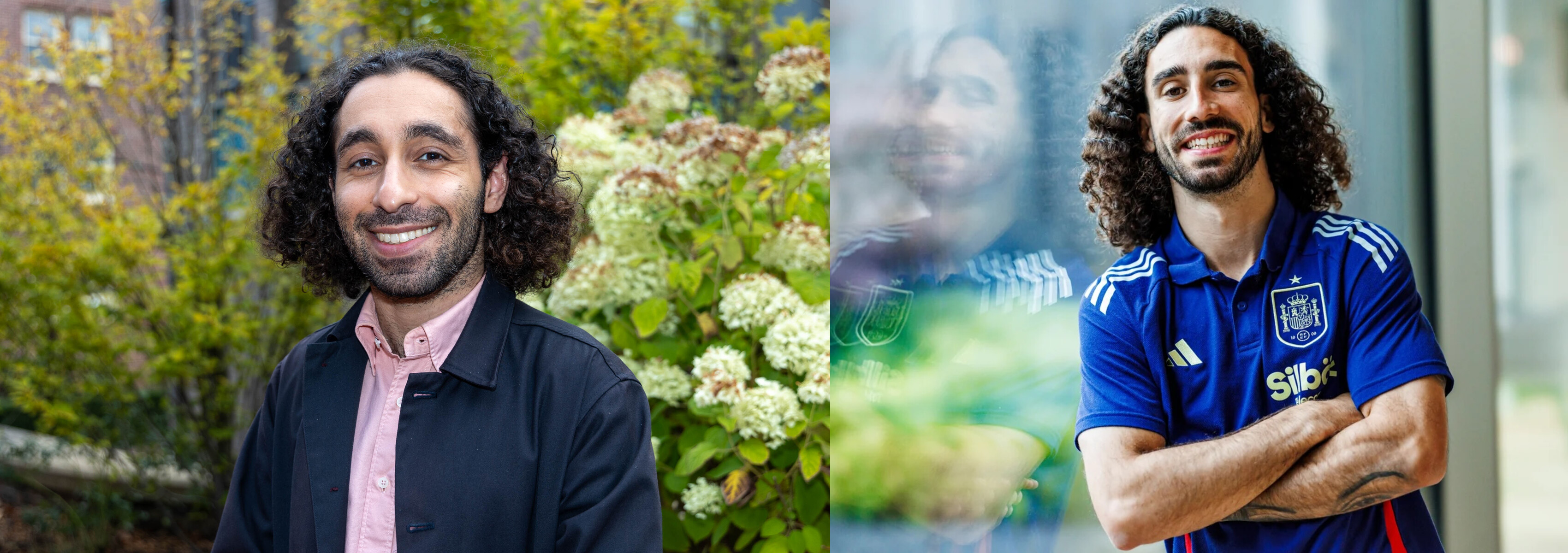I am an assistant professor of biostatistics at the Harvard Chan School of Public Health, where I lead a statistical science research group—the NSH Lab (pronounced like “niche”)—focused on developing novel theory, methods, algorithms, and open-source software for causal inference; semi-parametric estimation and causal (de-biased or targeted) machine learning; assumption-lean or non-parametric inference; statistical machine learning; and computational statistics. My statistical methods research is usually motivated by substantive questions stemming from collaborations with applied biomedical and public health scientists. Specific areas of focus include the infectious disease sciences, the study of chronic diseases, cancer science, and implementation science for public health. Alongside my role at the Harvard Chan School, I am a faculty member of the Harvard–MIT Program in Health Sciences and Technology and of the Dana-Farber/Harvard Cancer Center, an associate member of the Broad Institute of MIT and Harvard, and a faculty affiliate of the Institute for Quantitative Social Science at Harvard and of the Harvard Data Science Initiative.
Prior to joining the faculty in the Department of Biostatistics at the Harvard Chan School in 2022, I held an NSF mathematical sciences postdoctoral research fellowship, through which I worked with Iván Díaz and Peter Gilbert, developing new techniques for causal mediation analysis while serving as a core member of the COVID-19 Prevention Network’s (CoVPN) biostatistics response team. To CoVPN I contributed statistical methods innovations and the design and implementation of open-source software tools for the evaluation of candidate immune correlates of vaccine protection. In 2021, I obtained my PhD in biostatistics from UC Berkeley, under the supervision of Mark van der Laan and Alan Hubbard. During that period, I worked on topics in statistical and causal inference, and I co-created the TLverse project, an open-source software ecosystem for targeted machine learning. Before that, I spent my undergraduate years in beautiful Berkeley, California—go bears.
John Tukey once famously noted that “the best thing about being a statistician is that you get to play in everyone’s backyard.” I think he got it right. My past collaborations have spanned diverse areas of the biomedical and public health sciences—from molecular toxicology and computational biology to environmental health and nutritional epidemiology. In the last few years, the rich statistical science problems that abound in the infectious disease sciences, especially in efforts to study investigational therapeutics and preventives, have captured my attention. My work in these areas has contributed novel methods and insights for identifying immune correlates of protection (or surrogate endpoints) in vaccine efficacy trials of HIV and COVID-19; for comparing the efficacy of therapeutics for MDR-TB in key populations and synthesizing evidence to support tailoring normative treatment guidance for people living with HIV; and for characterizing and shedding further light on Long COVID.
Despite well-meaning recommendations against doing so, I continue to try to write code for statistics research…collateral damage from this ill-advised pastime is logged on GitHub and visualized below.
In my free time, I enjoy trail running and training for half-marathons, experiencing live music, and trying my hand at—amateur, for now—landscape and urban photography.
Finally, here are a few reflections on science and statistics, mostly ones I wish I’d come up with first.
“Far better an approximate answer to the right question, which is often vague, than the exact answer to the wrong question, which can always be made precise.” –John Tukey
“Although this may seem a paradox, all exact science is dominated by the idea of approximation.” –Bertrand Russell
“Everyone is sure of this [that errors are normally distributed]…since the experimentalists believe that it is a mathematical theorem, and the mathematicians that it is an experimentally determined fact.” –Henri Poincare
“The anarchy of guess and intuition has given way to a benevolent tyranny of statisticians.” –Donald Fredrickson
 Left: A statistician who often wishes he were most anything else—why not a footballer?
Left: A statistician who often wishes he were most anything else—why not a footballer?